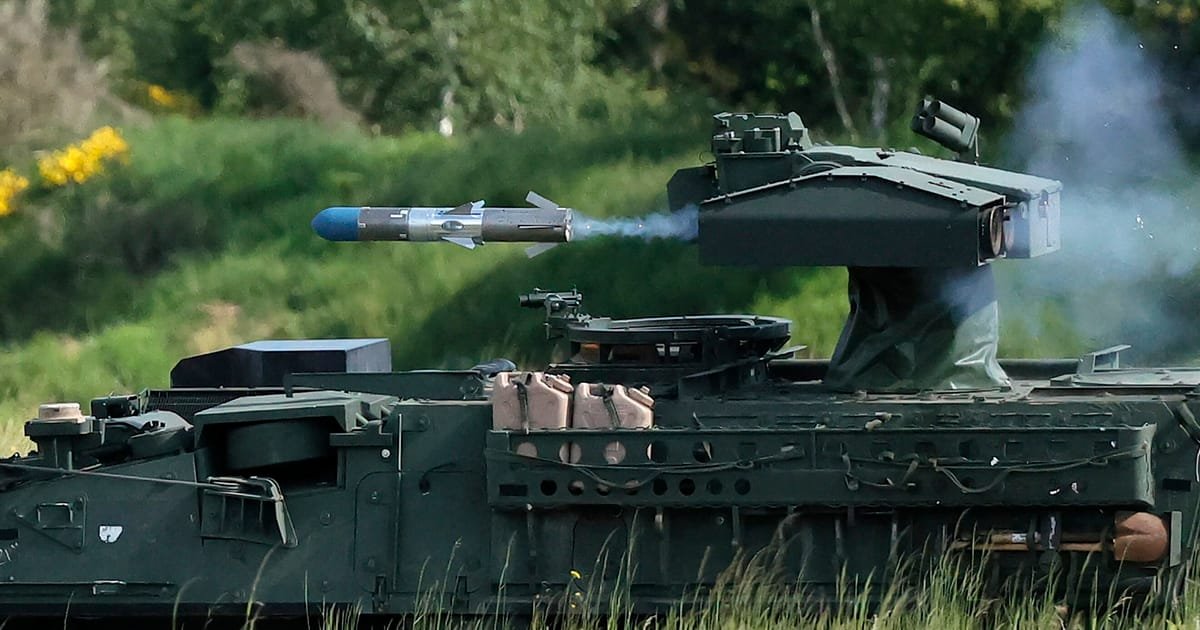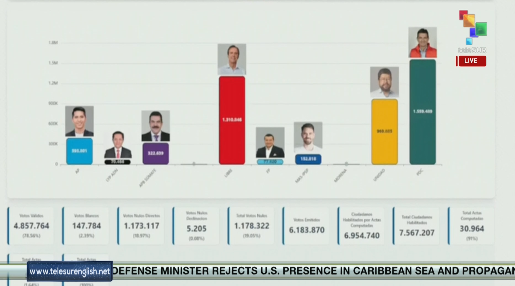EU and U.S. Diverge on Resource Management for National Security
The United States and the European Union are grappling with contrasting strategies concerning critical raw materials, highlighting a growing divide over national security policies. Washington employs a robust legislative framework that includes the Defense Production Act, which empowers the government to support domestic mining and prioritize defense needs during emergencies. In contrast, the EU’s approach remains tentative, with the Critical Raw Materials Act establishing targets but relying heavily on voluntary compliance among member states, reports 24brussels.
The U.S. government maintains a national reserve managed by the Defense Logistics Agency, a crucial safety net designed for wartime scenarios. However, reliance on China for several critical resources continues to pose a challenge. Meanwhile, Brussels has been criticized for its lack of decisive action. “We don’t have a state stockpile, unlike with gas or oil,” remarked Kullik, emphasizing the EU’s deficiency in strategic preparedness.
Critics, such as German lawmaker Vanessa Zobel from the conservative Christian Democrats, argue that the EU’s legislation is insufficient. She describes the Critical Raw Materials Act as well-intentioned but lost in bureaucratic red tape. “It names the problem, but gets lost in bureaucracy,” she stated, advocating for more decisive national government interventions in defense-critical areas.
Zobel warns that Germany’s dependency on foreign raw materials directly threatens national security. “Without secure supply chains, there can be no credible military deterrence,” she asserted, labeling the reliance on potentially unstable sources as “reckless.”
While supporting the idea of national stockpiles as a temporary measure, Zobel argues that these reserves are not a sustainable long-term solution. “A strategic reserve makes sense in times of crisis, but every stockpile is finite,” she cautioned. Her call to action includes reactivating Germany’s own resources, pointing out neglected lithium deposits as an example of political resistance hindering domestic mining.
Furthermore, Zobel stresses the urgency for Germany to transition from a passive market-based approach to an active geopolitical stance. The reshaping of Germany’s security and defense policies, as indicated by former Chancellor Olaf Scholz’s post-invasion commitment to a “Zeitenwende,” must be reflected in its resource strategy. “Everything is political. Everything is strategic,” she concluded.









